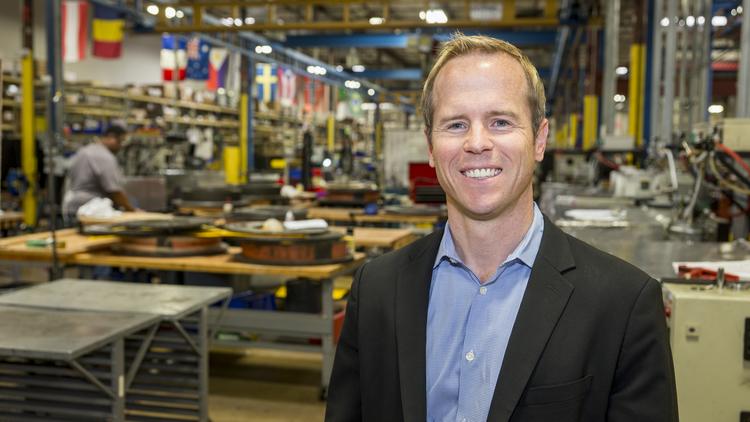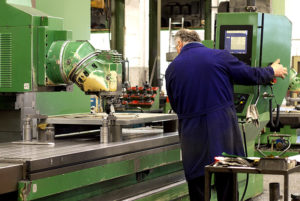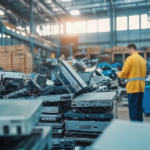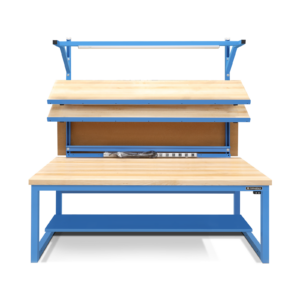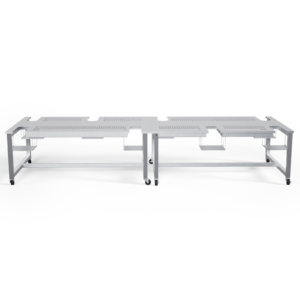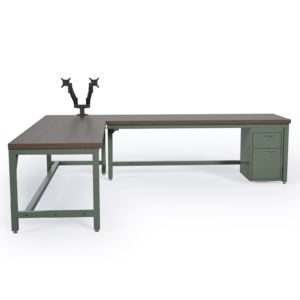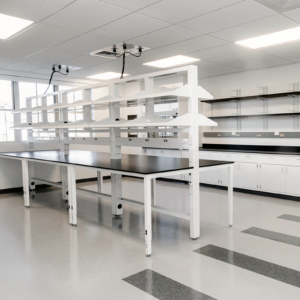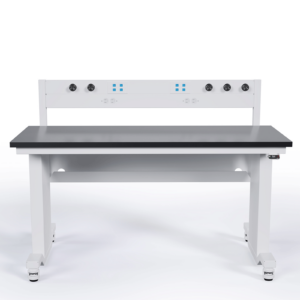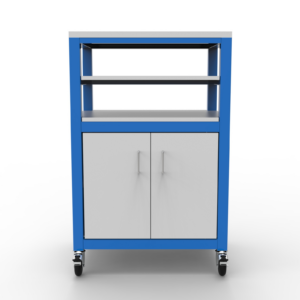ARMA (Austin Regional Manufacturers Association) is a non-profit organization based in Austin, TX, on a mission to ‘be the voice and advocate of manufacturing in the Austin metropolitan are.’ Formed in 2013, with just eight members, they have grown from strength to strength and currently have a membership of over 165. We met with Ed Latson, ARMA’s Executive Director and one of its founding members, to find out more.
Let’s start with a short bio and a brief history of how you started ARMA.
My background is in consulting and business development. Prior to working with ARMA, I was the director of marketing for a group called TMAC (Texas Manufacturing Assistance Center).
TMAC is non-profit, and receives a grant from the Department of Commerce to provide consulting services to small and medium-sized manufacturers. The Department of Commerce recognized the strategic importance of manufacturing in the United States, so they created the MEP (Manufacturing Extension Partnership) program to provide expertise on operational efficiency, quality management, and other strategic resources. The affiliate program in Texas was TMAC.
Then my wife got a couple of international assignments, and we moved overseas to live in Ireland and Malaysia. When I got back two years later, I was looking for a project. I knew there wasn’t a manufacturing association in Austin, so I proposed it to my old group, and they supported the idea with funding.
We started ARMA four years ago, as a way to bring manufacturers together and solve problems, as well as making sure companies are forming the local relationships they need to strengthen their business.
What does ARMA do now?

Under Advocacy, we’re out trying to influence policymakers and make sure they know what’s important for our businesses to survive. We’re also promoting manufacturing to make sure that people in the region understand the kind of businesses that are here, understand that manufacturing is hi-tech –not old world smokestacks and dirty jobs. We’re talking about people who make cell phone chips, IV bags, gas pumps – some really advanced products. Some great customized furniture as well for your office – I’m sure you guys can speak to that – but there are some really solid companies in the Austin area.
For Workforce Development, we’re looking at the skills gaps in the community – what companies need out of the labor pool to succeed and grow. We partner with groups like ACC, Texas State Technical College, and other training providers to make sure that they are focused on our needs.
Then with our Networking, we bring people together to make sure peer relationships are being built that can support people’s professional development.
Awesome. Out of curiosity, what’s something that you see as a major gap in the workforce development?
I hear a couple of things a lot. Welders are always one of the top ones. Another one is machinists, and I’m hearing more and more about maintenance technicians as well. Those are the three that we’re focused on.
Since oil and gas have turned down over the past couple of years, there are more machinists and welders coming this way from Houston and some of the big oil production areas, but sometimes some of the skills are a little bit different and don’t always translate, so we’re trying to increase the skills in that area.
Can you help fund their education with the universities and different groups you’re partnering with?
No, not yet, but we are working on grants to help do some of that. What we can do, is get ACC (Austin Community College) and the Texas Workforce Commission involved, as well as the workforce board. They can provide funding to get that training in place. It’s almost like a sounding board – we start ringing the bell and waving our hands and making sure the people with the dollars understand where to direct them.
One of your missions is to be the voice of manufacturing in the greater Austin area; could you share a recent success story with us?
Sure. When we started, the idea was that we could do more together than we could apart, and I think that really came into play with the recent rate case for Austin Energy.
For those people that don’t follow energy policy, Austin Energy is a municipally owned utility, and they had become non-competitive. So, if you set up Formaspace in Austin, you pay about 40% more for your energy than you would if you set up in a deregulated market like Dallas or Houston.
For many reasons we felt like that was unfair – especially for a municipally owned utility – so we were highly involved in the rate case, which was a formalized process to dispute the rates that the utility charges every five years. We actually ended up getting a $42m concession for industrial and commercial classes. I think it’s a great example of what people can do when they come together and focus their voice.
Great. How long did that process take you?
It was probably a year and a half on several different levels, chipping away and getting everybody in line. We weren’t the only ones that were focused on that, but ARMA was engaged with it for over a year.
How would you compare and contrast Texas’s role in manufacturing – especially Austin’s role – to the rest of the nation?
I’m not a national expert, but Texas is a unique place, and we’re the leading exporter in the nation. I think 98% of those products are manufactured goods, so a ton of stuff is coming out of Texas. It’s one of the biggest manufacturing states in the nation, and I think you’re starting to see a lot of businesses move in this direction from Midwest.
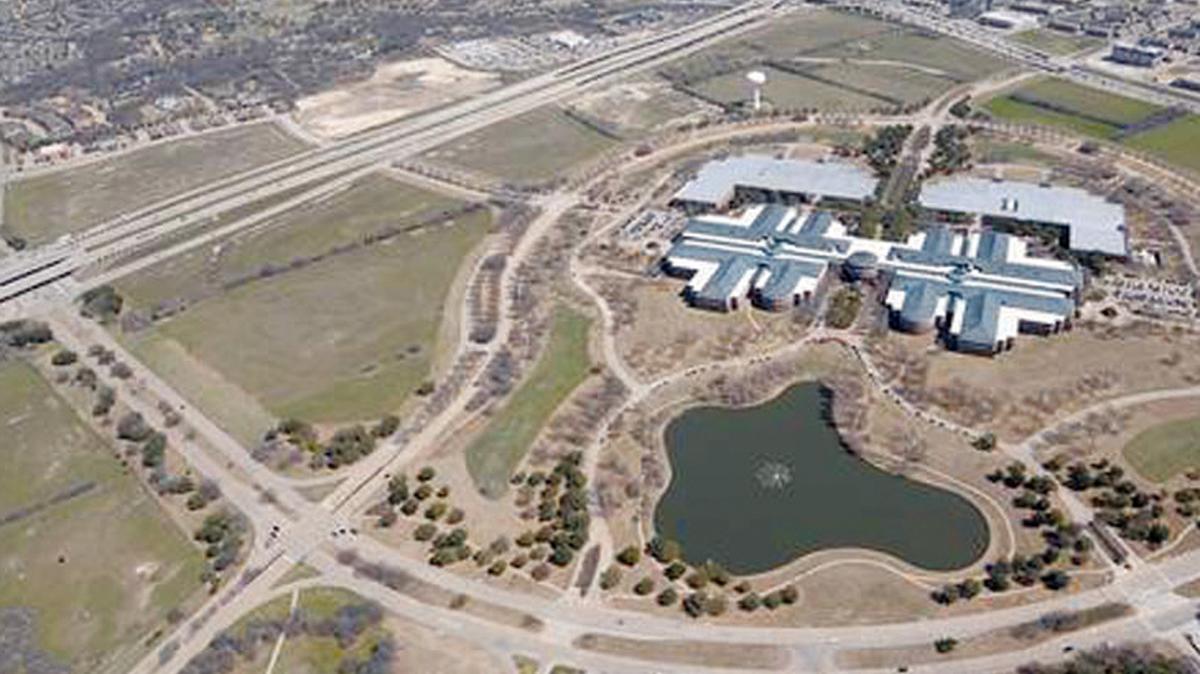
Big wins were GM and Toyota headquarters going to Dallas-Fort Worth and the Toyota plant in San Antonio. I think you’re seeing a lot of automotive cluster around the state. There is a lot of automotive activity in Northern Mexico, so you’re seeing a lot of suppliers moving to Central Texas. It’s positioned well geographically to be successful in the coming years. Even with oil and gas turning down, which has such a huge impact on the Gulf coast area, a lot of the state has been very resilient, and I think that speaks of the diversity in the market.
Austin’s unique in that as well – I think Austin has its own niche. We’re highly advanced, one of the most advanced manufacturing clusters in the nation according to a Brookings report. 50% of the Austin market is computer and electronics, heavily driven by semiconductors. For instance, some of the most advanced cell phone chips in the world come right out Austin, Texas.
It’s a unique, thriving community.
Something else I’d point out is that in 2014, which is the last economic data that we have, 56% of the new net manufacturing jobs in Texas were created in Austin, Texas. So, when a lot of the regions around the state were staying flat or contracting in manufacturing jobs, Austin was adding jobs.
Many companies coming from different backgrounds have moved here over the past few years. Can you tell us why they would choose Texas?
I think I’ve talked a little bit about the automotive shift to the south, and that’s certainly driving a lot of it. But when you look nationally at what manufacturers list as challenges, a lot of it is about government regulation and unfavorable tax climate, so they’re really looking to move to Texas to find a more favorable business climate.
That’s probably the biggest reason, but also, geographically, we’re centered in the middle of the country and proximate to Mexico, which is the US’s biggest trading partner. I think there’s huge strength to being in Texas.
We recently published a study talking about the pros and cons of offshore manufacturing, and why we should bring it back to America. Could you please share your perception about the future of manufacturing in the United States, and do you think we can bring back manufacturing and employ our hardworking workforce again?
That’s a tricky question, and there seems to be a lot of competing thought on the topic. There was a good article in the New York Times, about 6 months ago, about the mirage of reshoring. It laid out a clear argument that much like the agrarian revolution – when farmworkers started losing work due to improvements in technology – a similar phenomenon is underway in manufacturing.
Processes are becoming so automated and facilities so driven by technology that the workforce just isn’t needed as much on the production side. You might not ever see the jobs come back as you’ve seen in the past, but I think you’re going to see output stay the same or increase. I think the future of manufacturing in the United States is really strong, but as far as becoming a dominant hiring force? I’m not sure if that’s going to happen.
In regards to reshoring specifically, I think you’re going to start seeing more companies leave Asia and come back to North America. I’m not sure if the United States is going to win their business – I think a lot of it is going to go to Mexico and lower cost sites – but still, it being in North America is going to be good for the United States.
Why do you think we’ll lose business to Mexico? It is because of our government regulation or tax, or that it’s more expensive in general to be in North America?
People are making decisions based on landed cost, now. Asia picked up a lot of American manufacturing initially, because when people analyze labor costs, they sell it for much cheaper. However, if you factor in transportation and quality issues, it ends up not being such a good deal.
Now, when they’re trying to relocate their facilities, they’re looking strategically at best cost, highest quality, proximity to key customers, and shortening supply chains, rather than just labor cost. I think they see Mexico, and Central America maybe, as better options. But, again, there are plenty of good examples of companies moving back to the United States – I’m just saying, overall, I don’t expect a huge wave of reshoring.
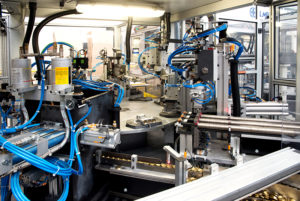
I don’t know if I have a huge opinion on how important it is, but it’s certainly something that’s taking place, and that’s going to drive efficiency in the next factories. ARMA is involved with the Smart Manufacturing Leadership Coalition to ensure that those technologies are pushed out to small and medium-sized companies so that they can keep up.
As for a statement on unions, Texas is a right-to-work state, and obviously, that won’t be an issue here. I think it could be good for Austin and the workforce in this area. We already have one of the most advanced workforces in the nation and those are the kind of skills that workers are going to need to pick up to win business. The more advanced the manufacturing gets, the more Austin has a chance of being at a competitive advantage to attract businesses.
Do you think it’s a threat for the workers?
I am an optimist; I do not. I think it’s an opportunity to get higher skilled jobs, and higher skilled jobs pay more money. The average wage in Austin is $106k a year for a manufacturing job.
Every time I say that someone always asks, ‘Where do I get one of those jobs?’ But the point is that the average is so high because the jobs are more sophisticated here, and that’s because they’re more technology driven. To put that in comparison, the average wage in San Antonio is $60k year.
Look at the major employers like Samsung, NXP; Flextronics, and Applied Materials; these are highly advanced manufacturing jobs that require very skilled workers.
Can you give us an opinion on the ‘Made in America’ label?
Yeah, I’m all for it. I’m gung-ho on ‘Made in America.’ I think it still carries a brand and we should all be supporting it. To me, it means quality – pure and simple.

Jeff is one of the original 40 founding members of ARMA, and I found him on a cold call, believe it or not – I was trying to round up people to our very first luncheon. I initially had a great conversation with him; I think he’s somebody that’s really interested in policy and making a difference in the community, and he’s been a great supporter of ARMA. I’ve enjoyed getting to know him and Formaspace.
What’s your message to local manufacturing companies?
Keep making great products and ARMA will keep working hard to build a supportive manufacturing community. If you have challenges, get involved; we can accomplish more together.
We’re happy to have had this opportunity to hear your opinion and learn about the future of manufacturing. ARMA is playing an important role for the Texas manufacturing community, and we’re thankful for all of your efforts and all that you do. We’re honored to have been a part of such an organization since the first luncheon that you guys had. Would you recommend other businesses to utilize Formaspace for their furniture or workbench needs?
I am always happy to spread a good word about Formaspace. I love the work that you guys do and love the people that you have on your team. I’m excited about the success that you’ve had and look forward to contributing to it in any way I can.


